What Causes Cracks in Asphalt Driveways?
Highlights
- Asphalt cracks are often caused by weather changes, poor installation, or wear and tear.
- Moisture infiltration and UV rays can rapidly degrade driveway surfaces.
- Proper maintenance and timely repairs can extend the life of your driveway.
- Advance Paving Co. INC serves homeowners in Spring Hill, TN, with expert paving and crack repair services.
Temperature Extremes and Seasonal Shifts
Asphalt driveways in areas like Spring Hill, TN are regularly subjected to temperature fluctuations. These changes cause the pavement to expand and contract. Over time, this movement creates stress on the surface, leading to the formation of cracks. Winters can be especially hard on asphalt due to freeze-thaw cycles. Water seeps into small crevices, freezes, and expands, widening the cracks with each cycle. This natural process is one of the most common causes of surface breakdown, especially in regions with inconsistent weather patterns. Additionally, rapid temperature swings between day and night can intensify surface fatigue and contribute to earlier signs of wear.
Moisture Penetration and Water Damage
Water is asphalt’s biggest enemy. When water penetrates the surface, it weakens the foundation underneath. Pooled water or poor drainage allows moisture to seep into the sub-base. Over time, this leads to erosion and settling. Once the base becomes unstable, the asphalt above begins to shift and crack. According to the Federal Highway Administration (FHWA), water infiltration significantly reduces pavement strength and accelerates the deterioration of both the surface and the underlying layers. If the issue isn’t addressed quickly, it can result in potholes and full structural failure of the affected section.
FAQ Section 1
How soon do cracks usually appear after installation?
Cracks can appear within a couple of years if installation is poor or the climate is harsh.
Is sealing the driveway effective against cracks?
Yes, sealcoating can prevent water and UV damage that often cause cracks.
Can small cracks be fixed without professional help?
Small cracks can be patched with DIY kits, but larger damage should be evaluated by professionals.
Poor Installation and Substandard Materials
Not all asphalt driveways are created equal. If the asphalt mix is improperly prepared or the base is not adequately compacted, the integrity of the driveway is compromised from the start. Driveways that lack sufficient thickness or contain poor-quality materials will deteriorate faster. Inexperienced contractors may skip essential steps such as proper grading, compaction, or using the correct aggregate size. These shortcuts can significantly reduce the lifespan of your driveway and lead to premature cracking and damage. Always verify that your contractor is using industry-standard practices and equipment.
UV Rays and Oxidation
Sunlight doesn’t just warm up your driveway—it can degrade it. UV radiation gradually breaks down the binding agents in asphalt, causing the surface to become brittle and prone to cracking. As the asphalt oxidizes, it loses its flexibility and dark color, making it more susceptible to damage. According to research from TU Wien’s Christian Doppler Laboratory, visible and ultraviolet light can significantly accelerate the aging of bitumen, causing it to become brittle and more prone to cracking over time. In hot climates, UV exposure can shorten the useful life of an asphalt driveway by several years.
Heavy Vehicle Traffic and Overloading
Asphalt driveways are designed to handle typical residential vehicle loads. However, frequent exposure to heavy trucks, RVs, or construction equipment can overstress the pavement. The additional weight compresses the sub-base, leading to indentations and structural stress. Over time, this causes cracks to form and spread. If your driveway in Spring Hill, TN regularly supports commercial vehicles or trailers, consider reinforcing the base or using commercial-grade asphalt to prevent early wear and damage. Proper load distribution and avoiding frequent parking of heavy equipment can minimize the risks.
Tree Roots and Vegetation Intrusion
Nature can play a significant role in damaging asphalt. Tree roots, especially from nearby mature trees, can grow under and push up against the surface. This creates uneven pressure and leads to cracks and bumps. Even small weeds that grow in existing cracks can widen them as they mature. Over time, root systems will continue to expand and compromise the base layer, which can dramatically shorten your driveway’s lifespan and create trip hazards for pedestrians. Regular trimming and choosing low-impact landscaping options near the driveway can reduce these risks.
FAQ Section 2
What trees are most likely to damage a driveway?
Trees like oak, maple, and willow have aggressive root systems that can undermine pavement.
How do I know if my asphalt is oxidizing?
Oxidized asphalt turns gray and becomes more brittle over time.
Can I park an RV on my residential driveway?
Occasional parking may be fine, but consistent heavy loads may cause long-term damage.
Improper Drainage and Slope Issues
Drainage plays a crucial role in asphalt longevity. If water isn’t directed away from the driveway, it will pool and eventually seep into the sub-base. Driveways must be graded to allow water to flow off the surface efficiently. Poor grading or nearby downspouts that direct water toward the driveway can cause localized cracking. Advance Paving Co. INC often advises homeowners in Spring Hill, TN to include proper water management systems during installation or resurfacing to prevent future issues. Installing French drains or gutter extensions may further improve drainage performance.
Aging and Natural Wear Over Time
Even with proper maintenance, all driveways have a finite lifespan. On average, asphalt surfaces last 12–20 years, though this range can shift based on usage, climate, installation quality, and upkeep. As the pavement ages, structural integrity declines—small cracks widen into larger fissures, and the surface becomes less resilient. According to a March 24, 2025 article by Alto Construction, asphalt paving typically lasts 12 to 20 years, with longevity heavily influenced by factors like traffic, climate, and regular maintenance such as sealcoating and crack-filling.
Neglected Maintenance and Lack of Sealcoating
Neglect is one of the most preventable causes of driveway cracks. Sealcoating should be performed every 2 to 4 years to protect against UV rays, water, and oil penetration. Failure to do so leaves the surface vulnerable to environmental damage. Routine inspections and filling in cracks early can also slow the spread of damage. Homeowners in Spring Hill, TN can turn to local experts like Advance Paving Co. INC for routine maintenance services to preserve their driveway’s condition. Establishing a seasonal maintenance checklist is a smart way to stay ahead of developing issues.
FAQ Section 3
How often should a driveway be resealed?
Resealing every 2 to 4 years is generally recommended for optimal protection.
Can I delay repairs for small cracks?
Delaying repairs may allow water intrusion, turning minor issues into costly ones.
What’s the cost of resurfacing versus replacing a driveway?
Resurfacing is more affordable, but replacement is better for driveways with major structural damage.
Taking Steps Toward a Durable Driveway
Cracks in asphalt driveways can stem from a variety of causes—temperature shifts, moisture damage, UV exposure, heavy loads, or even nearby vegetation. Understanding these triggers helps homeowners in Spring Hill, TN make informed choices about installation, maintenance, and timely repair. Advance Paving Co. INC recommends scheduling regular inspections and sealcoating to reduce long-term costs and prevent surface breakdown. By addressing the root causes and staying proactive, you can enjoy a smooth and sturdy driveway for many years to come.


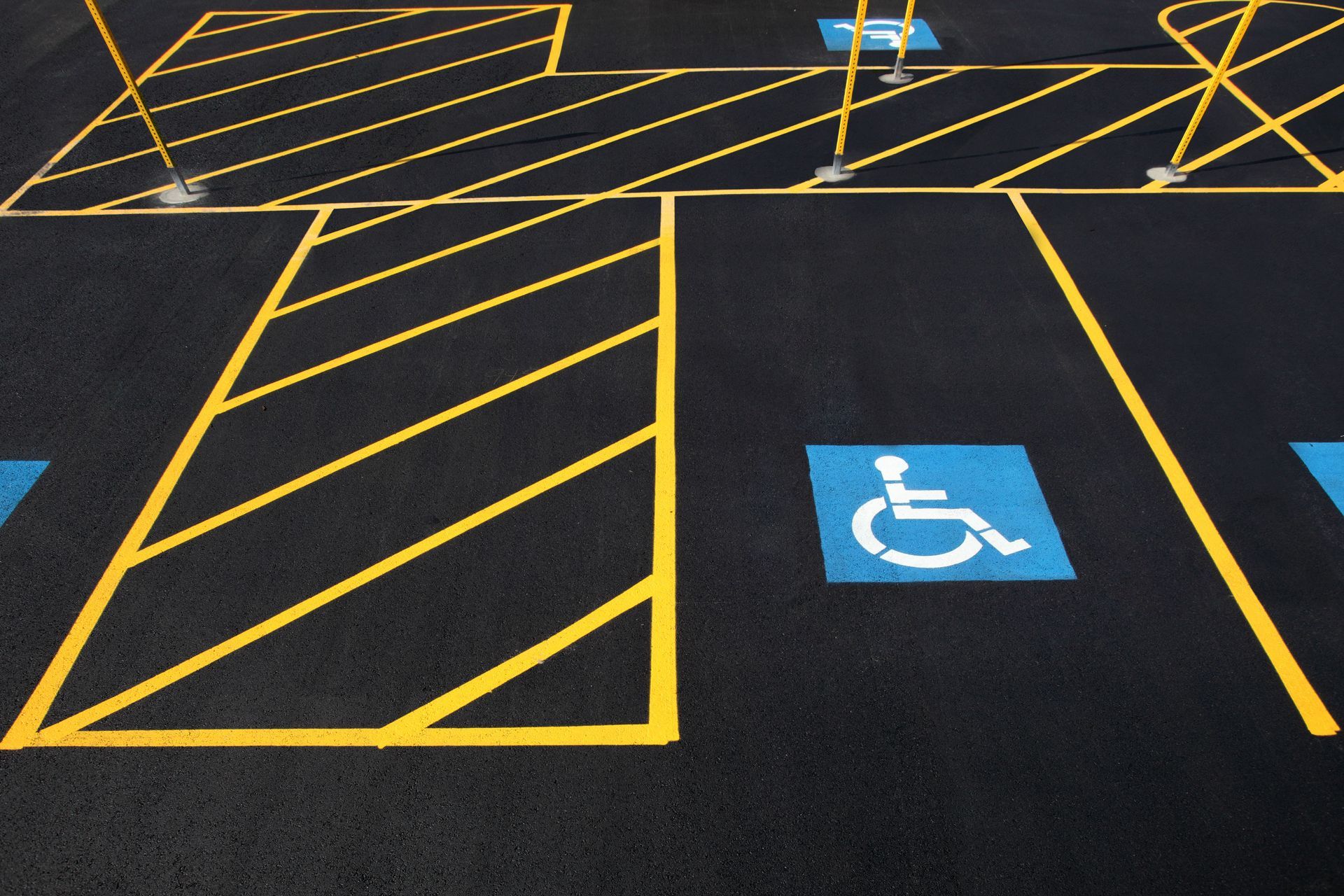
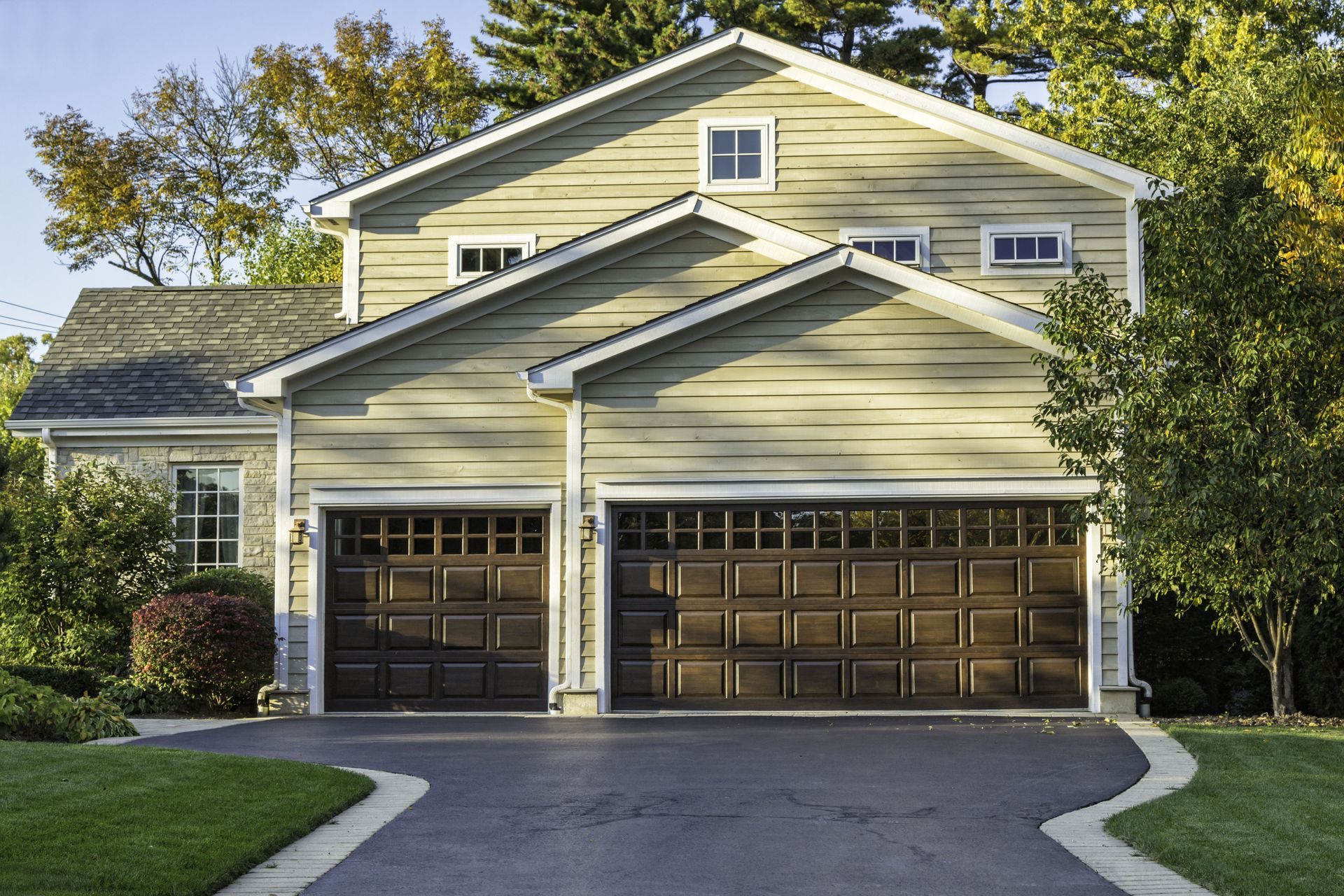
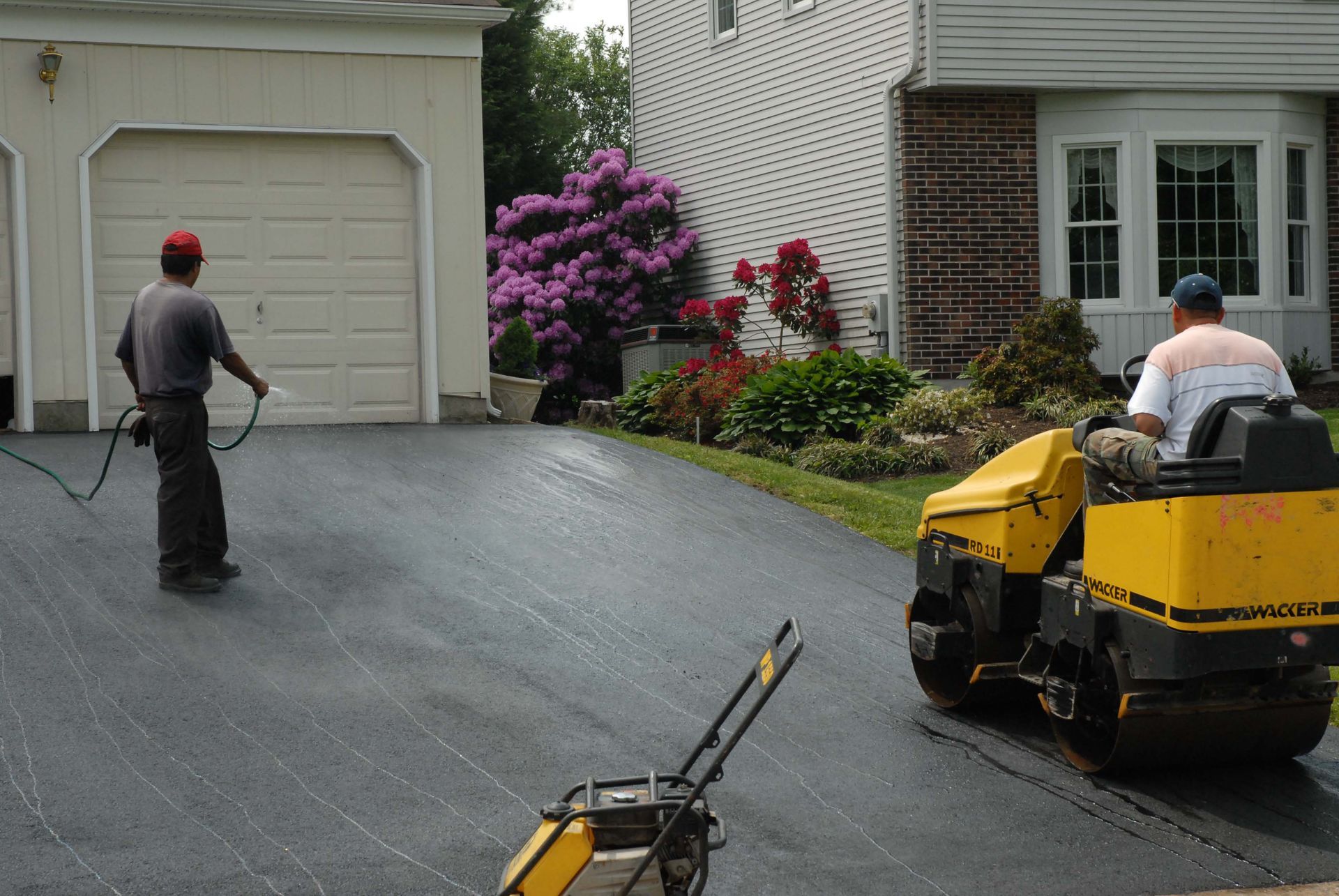

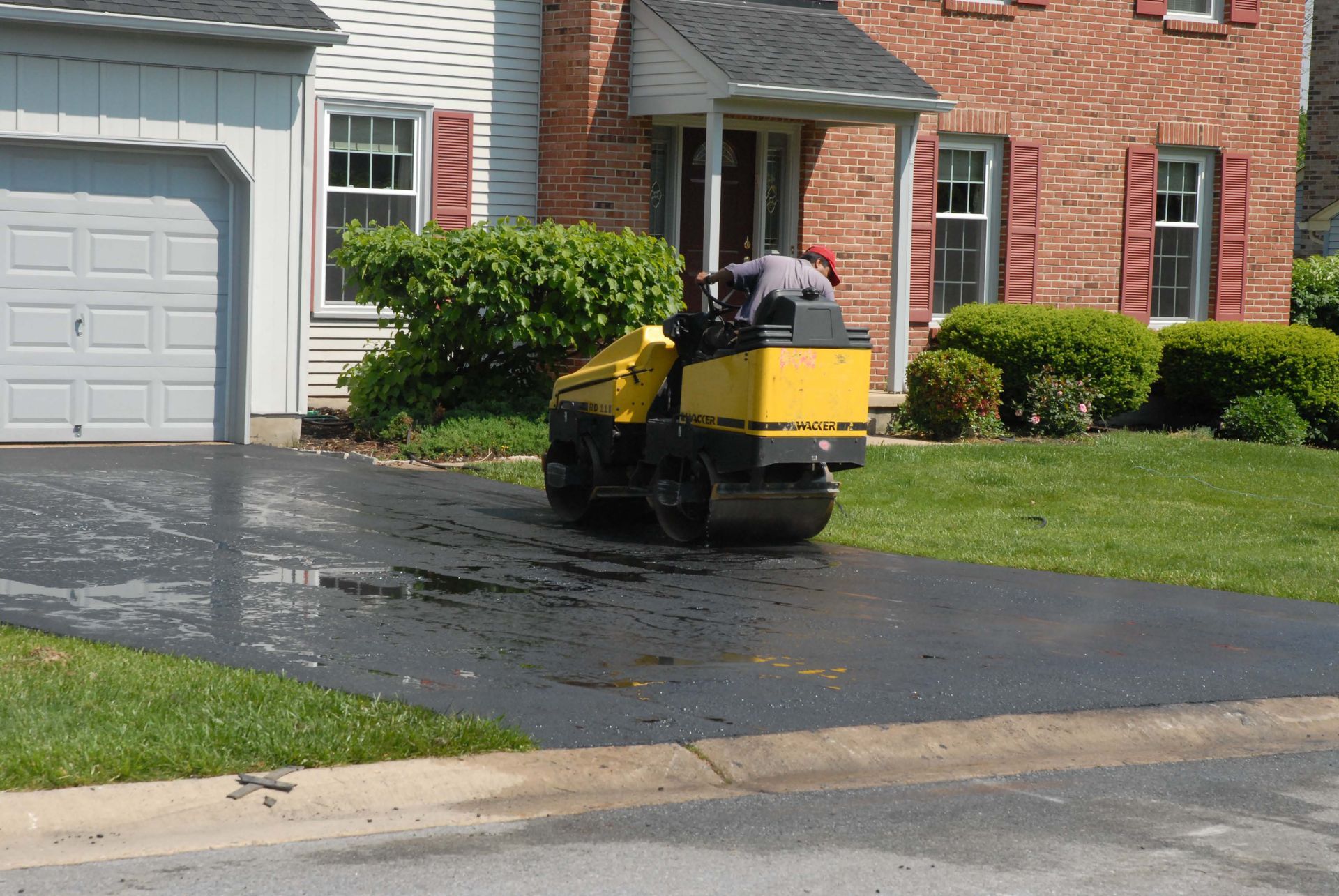
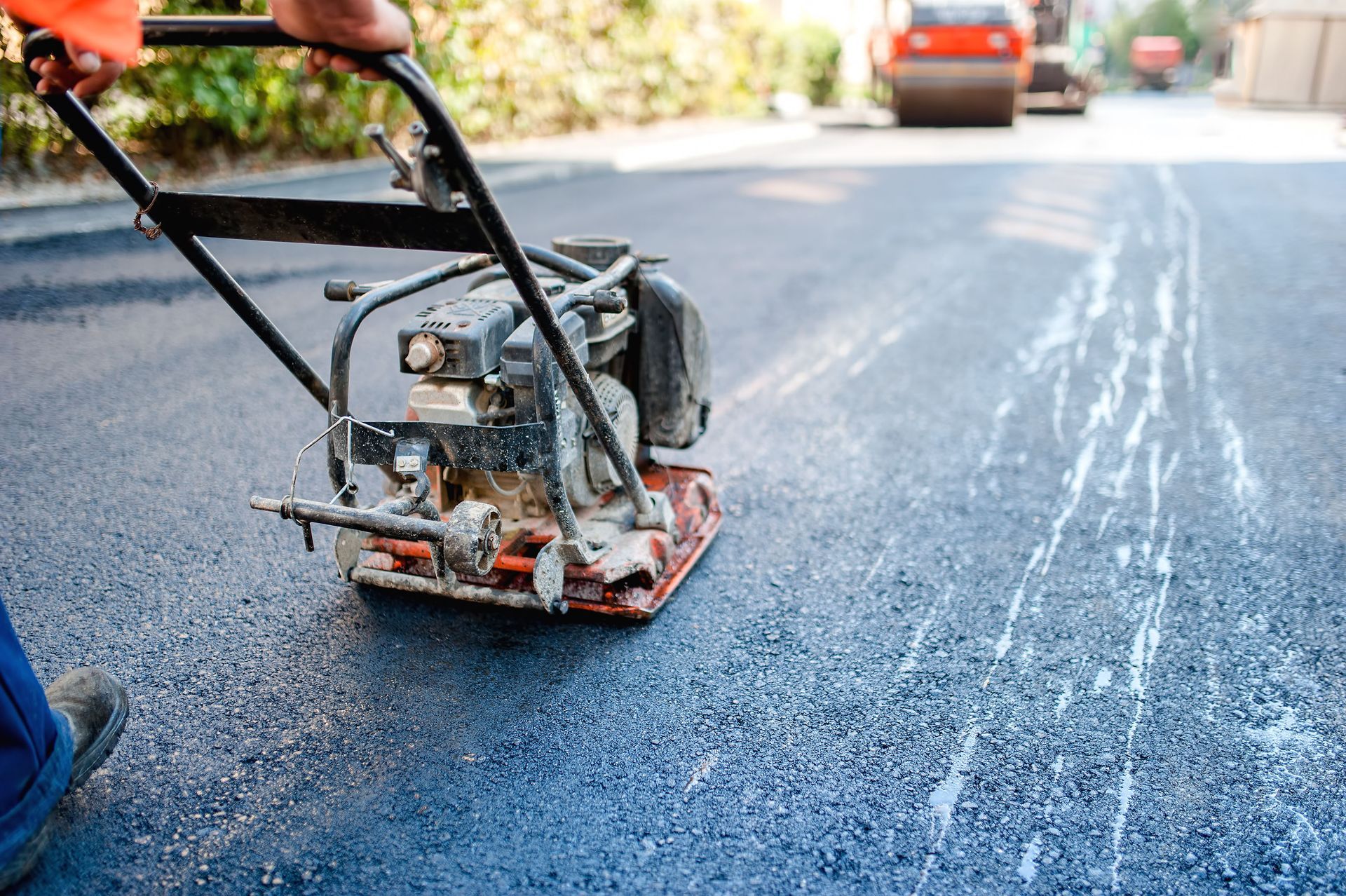
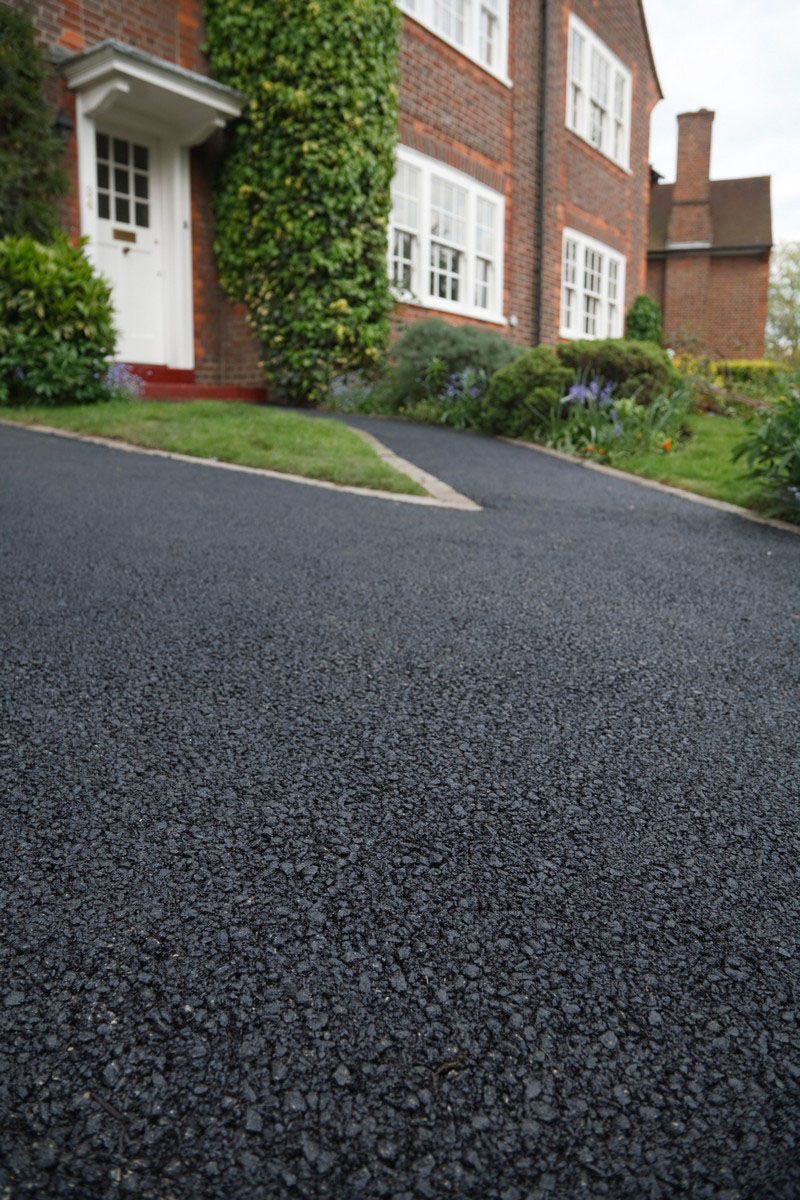
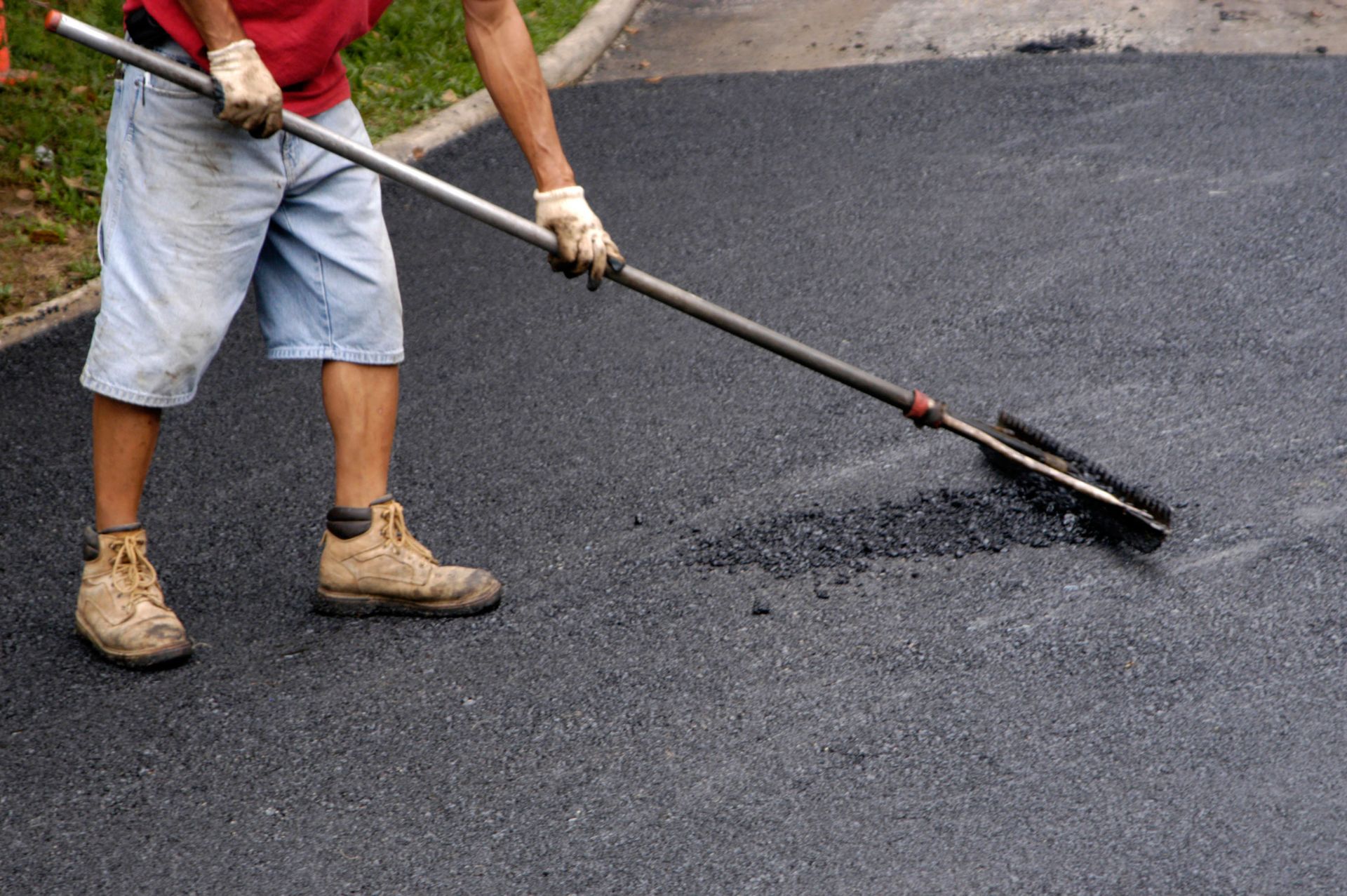
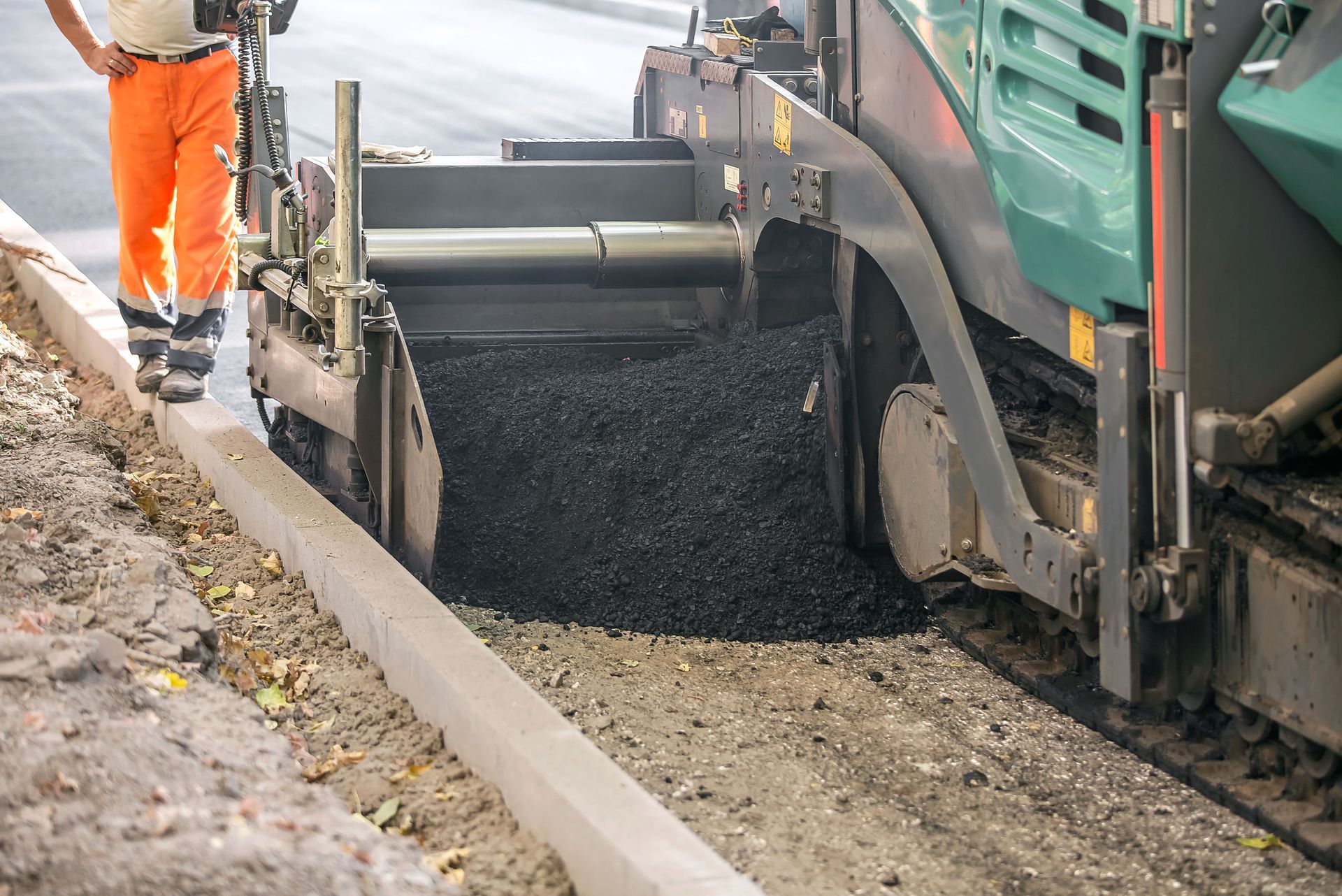
Share On: